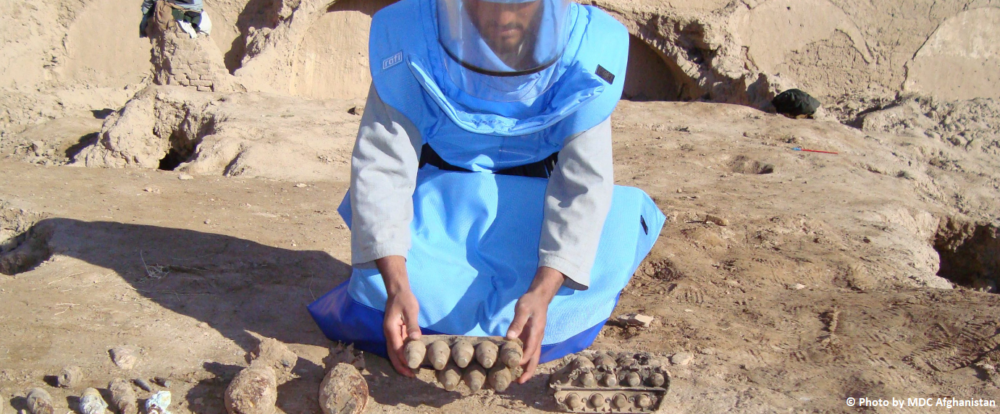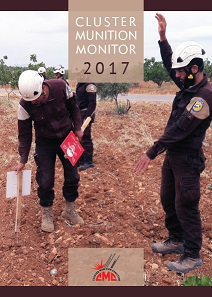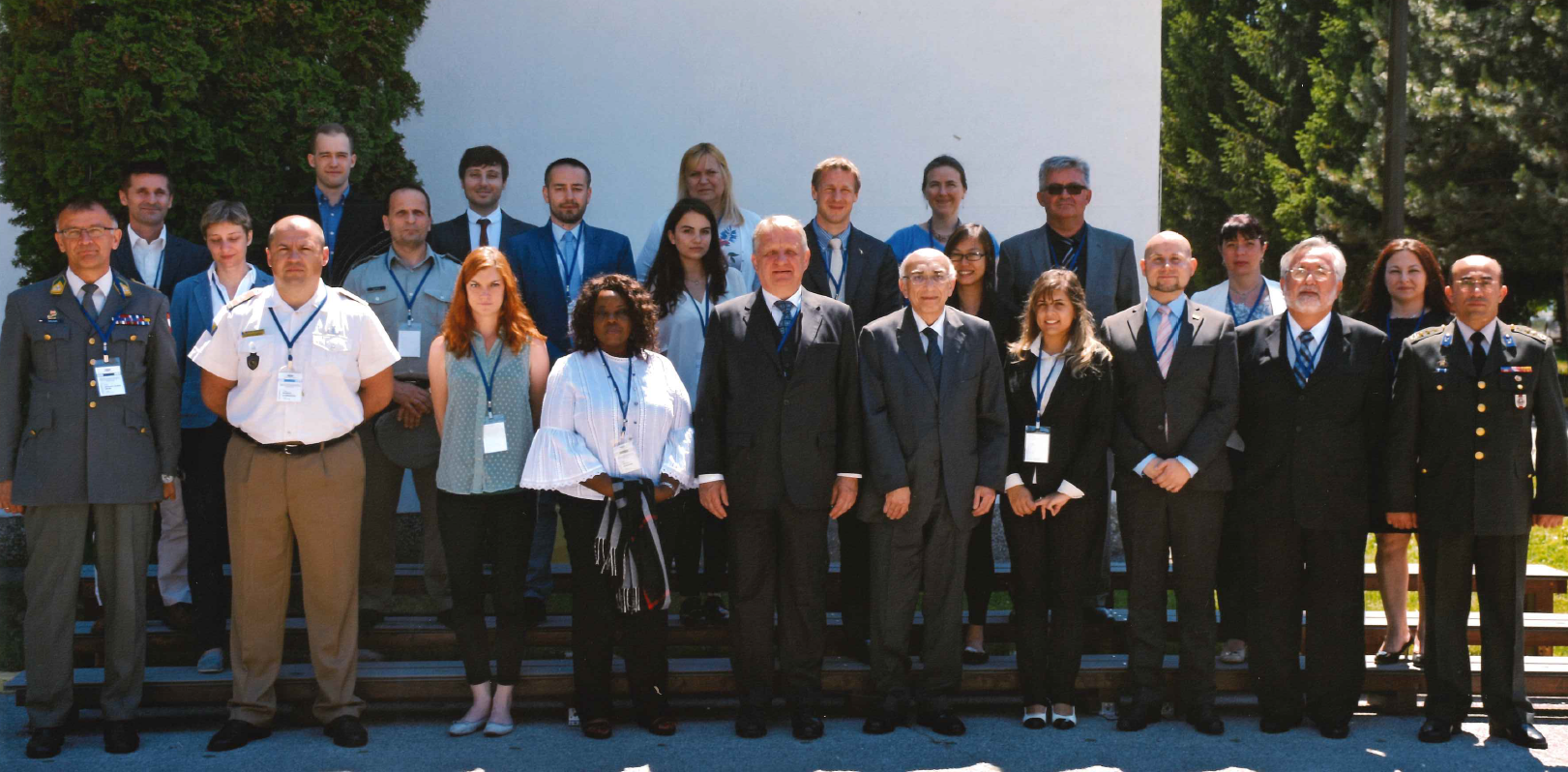On 3 October 2017, the Italian parliament passed the legislation that prohibits investments in producers of cluster munitions. There were 389 votes in favour of the bill, 0 against and 3 abstentions.
This new law will prohibit all Italian financial institutions from providing any form of support to Italian or foreign companies performing a range of activities including the production, use, sale, import, export, stockpiling, or transport of antipersonnel mines as well as cluster munitions and explosive submunitions. Furthermore, a blacklist of cluster of cluster munitions producers will be created.
Click here to view the new Italian law in its original language (Italian). Click here for the English translation.




